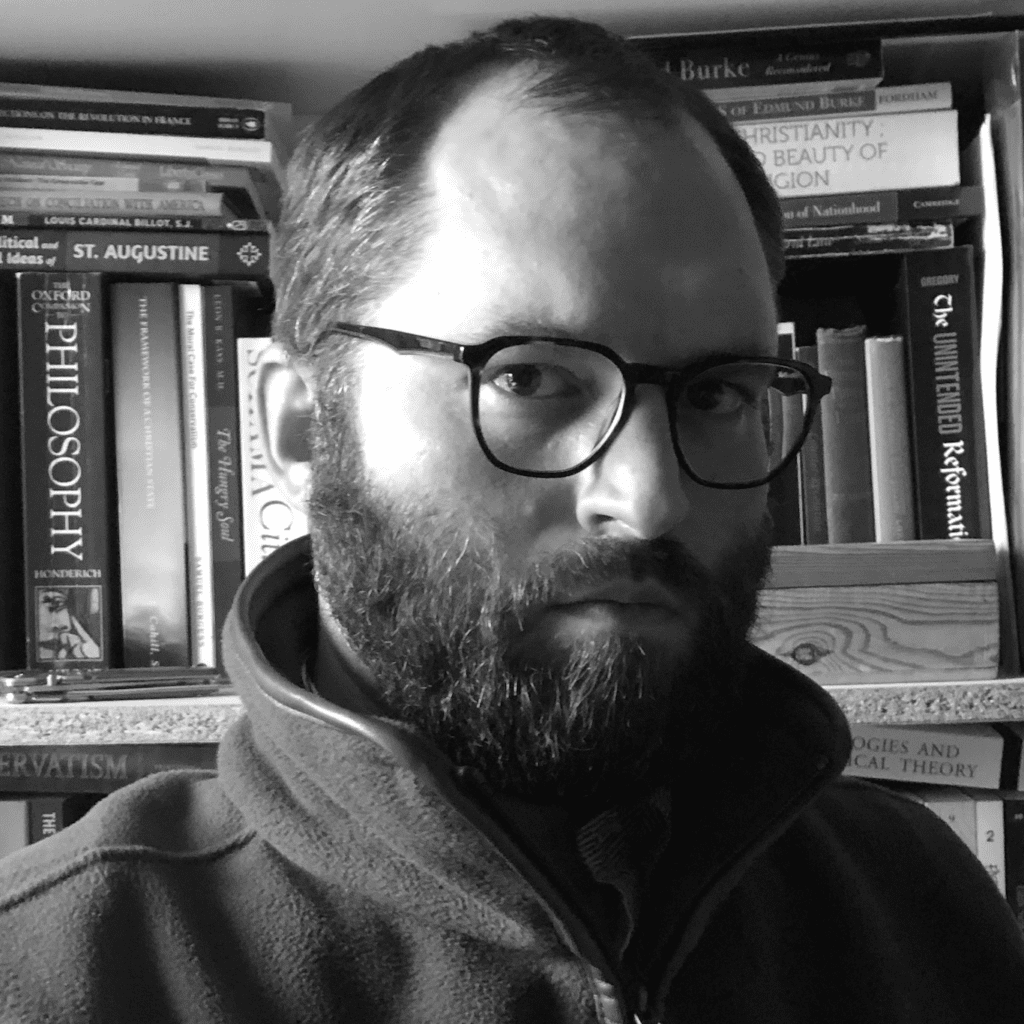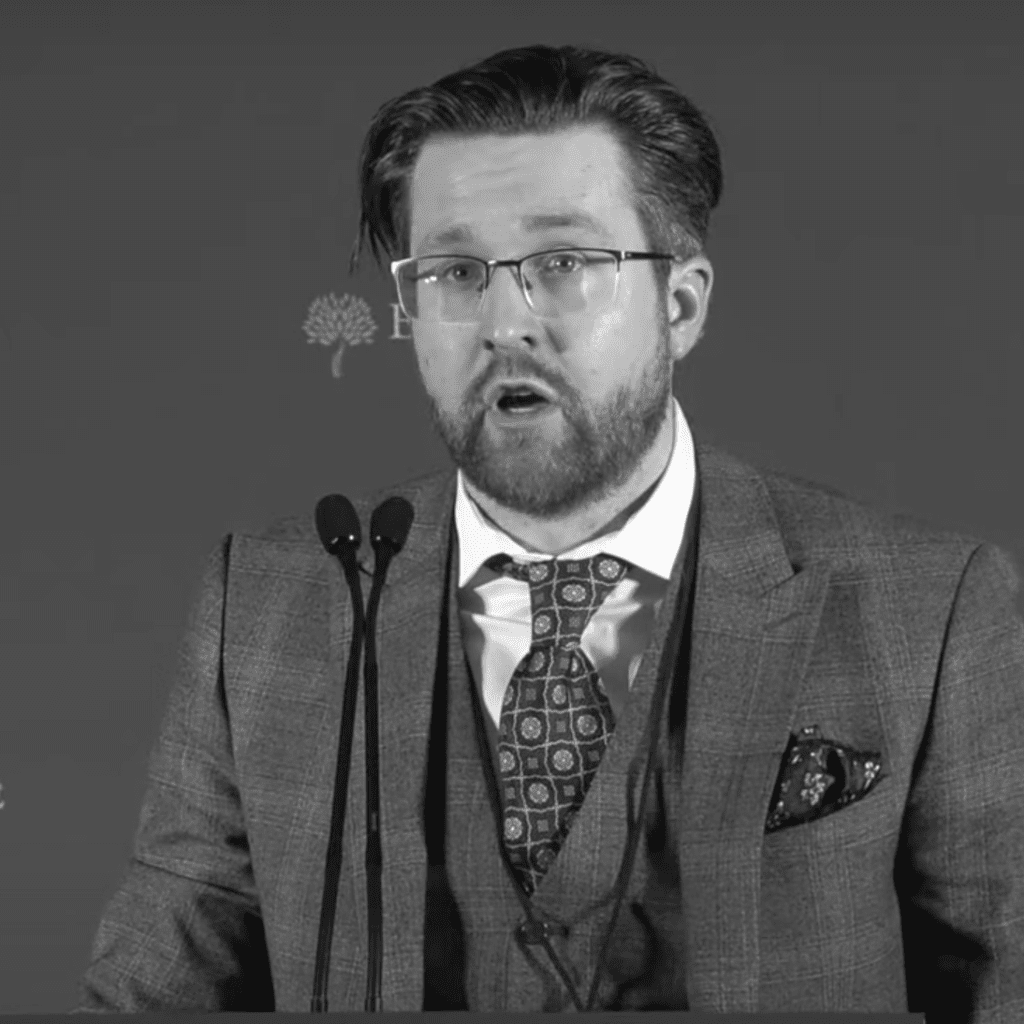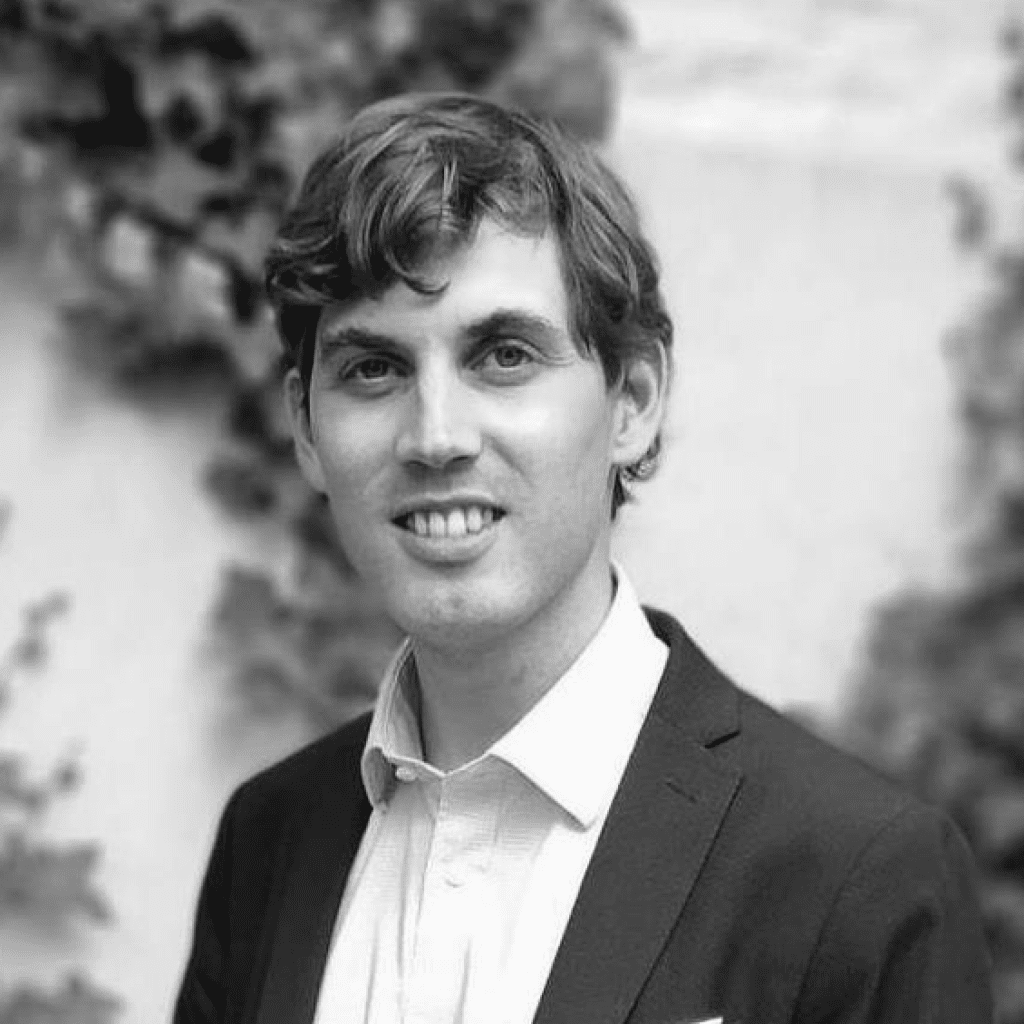Is Europe’s ‘digital transition’ a sign of ‘progress,’ as its proponents claim, or an overreaching exercise of power by the state?
We will look at current and proposed legislation, the opaque discourse surrounding it, and highlight the potential consequences for the lives of ordinary Europeans in three main areas: culture, education, and the economy.
CULTURE
EDUCATION
ECONOMY
8:45-9:00: Arrivals & Registration
9:00 -10:30: First Panel // Culture
10:30 – 10:45: Break with Light Refreshments/Coffee & Tea
10:45 – 12:15: Second Panel // Education
12:15- 12:30: Break with Light Refreshments/Coffee & Tea
12:30- 13:30: Third Panel // Economy
13:30- 15:30: Lunch reception

Rod Dreher is an American journalist who writes about politics, culture, religion, and foreign affairs. He is author of a number of books, including the New York Times bestsellers The Benedict Option (2017) and Live Not By Lies (2020), both of which have been translated into over ten languages. He is director of the Network Project of the Danube Institute in Budapest, where he lives.

Norman Lewis is a Visiting Research Fellow at MCC Brussels. He is recognised worldwide as an expert on future trends and user behaviours in technology innovation and adoption. He has many years of experience working with startups in Silicon Valley and the UK. He is a co-author of “Big Potatoes: The London Manifesto for Innovation.” His Substack is What a Piece of Work is Man!

Miklos Lukacs is a Peruvian scholar working at the intersections of Philosophy of Technology, Applied Ethics, and Science and Technology Studies. He holds a Ph.D. in Management and an MSc in Innovation Management from the University of Manchester in the UK, a Master of Development Studies at Victoria University of Wellington in New Zealand, and a Doctor of Veterinary Medicine degree at Universidad Mayor of Chile. He has also completed the Oxford Artificial Intelligence Program and attended the late Sir Roger Scruton’s Philosophy Summer School in Wiltshire, UK in 2018.

Carlos Perona Calvete is a writer for The European Conservative. He has a background in International Relations and Organizational Behavior, has worked in the field of European project management, and is currently awaiting publication of a book in which he explores the metaphysics of political representation.

Antonio Alonso Marcos has a Ph.D. from the Complutense University of Madrid (UCM). He has been a member of the faculty of the CEU San Pablo University since 2007, where he teaches History and Society classes. He is a member of the UNISCI research group as an expert on Central Asia and Islam. He has worked as project coordinator at the Human Rights NGO Helsinki-Spain Dimensión Humana. He has participated in various courses and seminars related to the subject, also publishing numerous books and articles.

Isabela Sagastuy Linares, originally from Guatemala, is a graduate in Public Relations from the Michael Polanyi College at Universidad Francisco Marroquín. She holds a Master’s in International Humanitarian Action from the University of Deusto in Spain and the University of Groningen in the Netherlands. Since 2017, she has spearheaded the Communication, Marketing, and Fundraising department at the Guatemalan social enterprise Wakami. Isabela currently serves as Director of the Acton MBA in entrepreneurship within Francisco Marroquín University, Madrid, and teaches courses for undergrad students in fields related to entrepreneurship and innovation.

Sebastian Morello is a lecturer, public speaker, and writer. He has published books on philosophy, religion, politics, history, and education. He lives in Bedfordshire, England, with his wife and children, and is senior editor and editorial board member of The European Conservative.

Ángela Álvarez is the Founder and CEO of Action Monkey, and Aglaia Capital. Ángela has held international executive positions and Councils in large global organizations and banks, in Investment Banking, Corporate Finance, Mergers and Acquisitions (M&A), mainly in Financial Institutions, Hotels and Real Estate, Restructuring and Alternative Financing, as well as in Fintech and Blockchain that attracted her interest many years ago as a way to solve most of the problems that she found in her industry.

Philip Pilkington is a macroeconomist and financial analyst who has written for a variety of publications including The Telegraph, The Spectator, UnHerd, American Affairs, and First Things. He is also co-host of the popular “Multipolarity” podcast and author of The Reformation in Economics. He is a regular writer for the New York Post.

Pieter Cleppe is a Brussels-based policy analyst with a focus on EU affairs, Brexit, and the Eurozone. He is the editor-in-chief of brusselsreport.eu, an international research fellow at the U.S. think tank Property Rights Alliance, a columnist for National Review Online, The Daily Telegraph, The Spectator, and a frequent commentator for European and international media.
